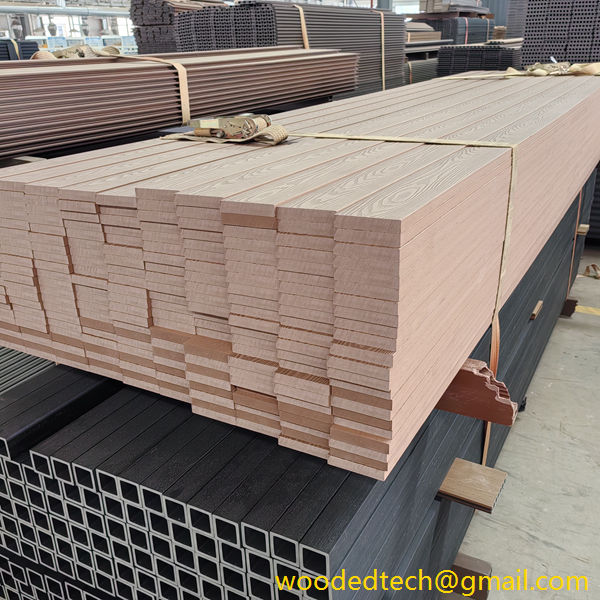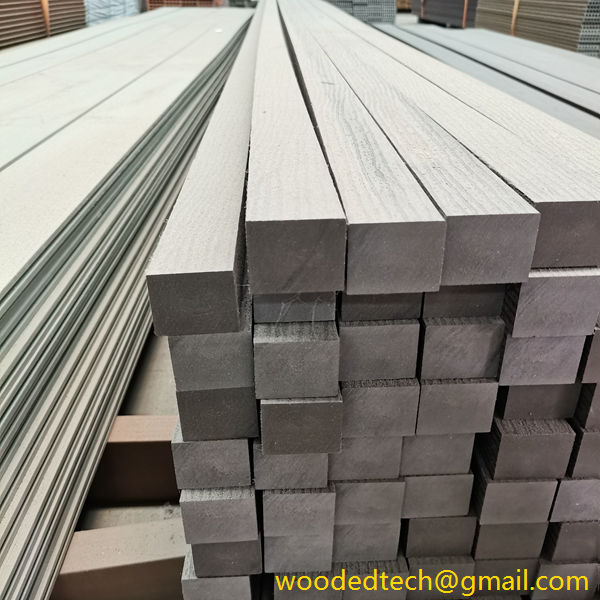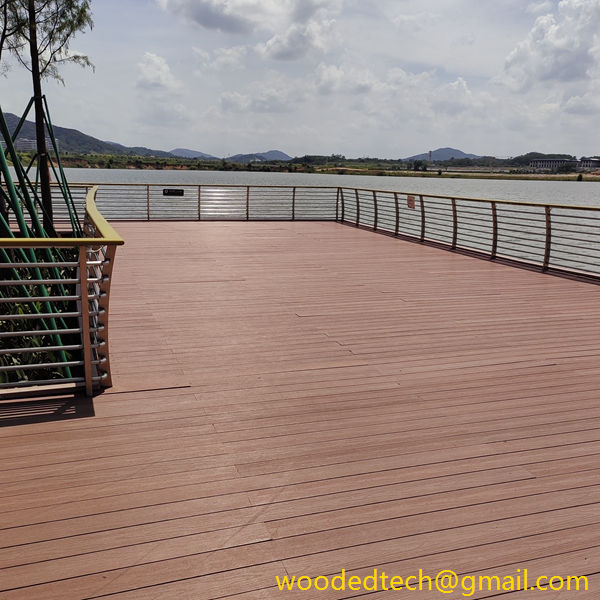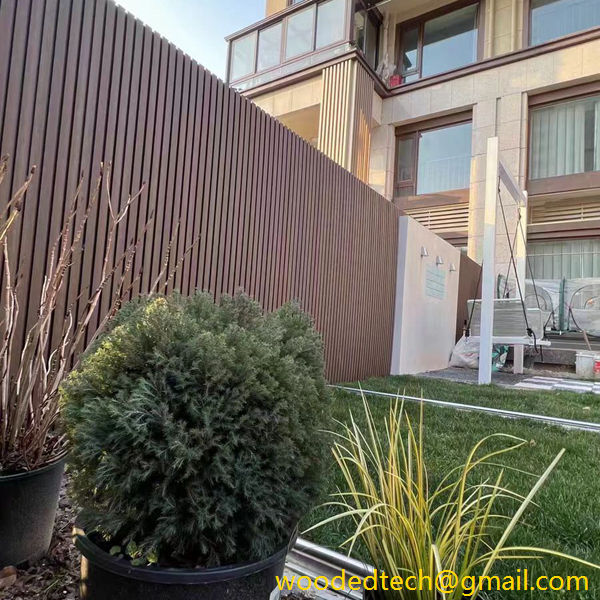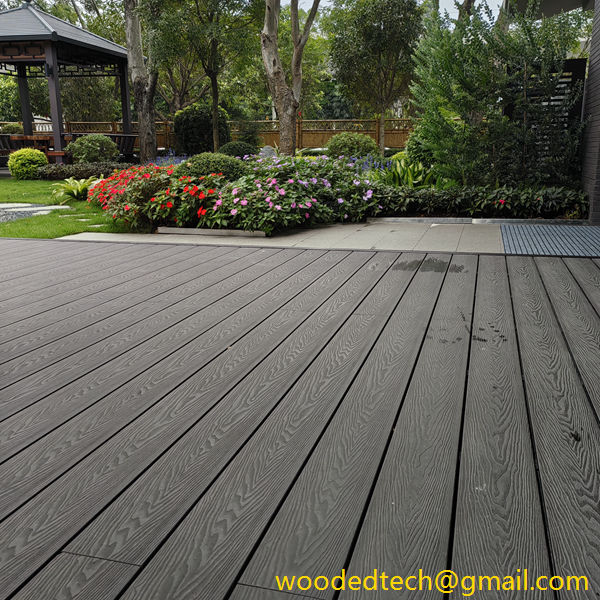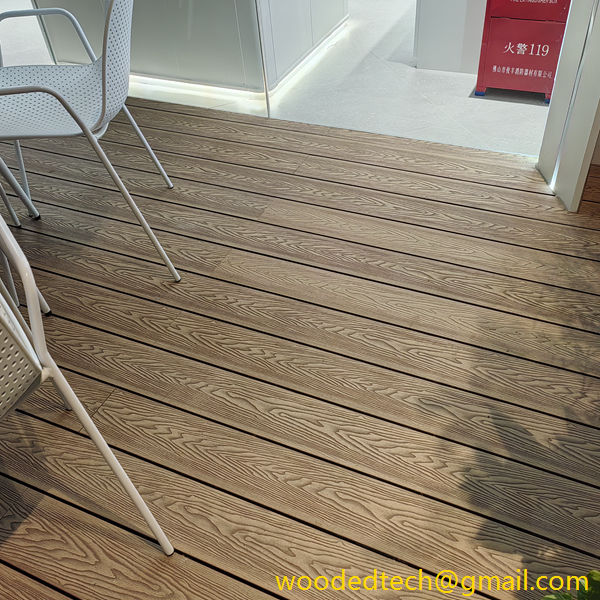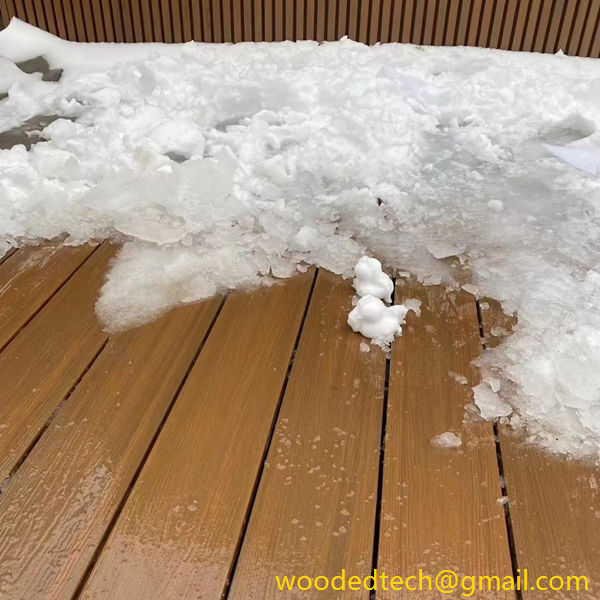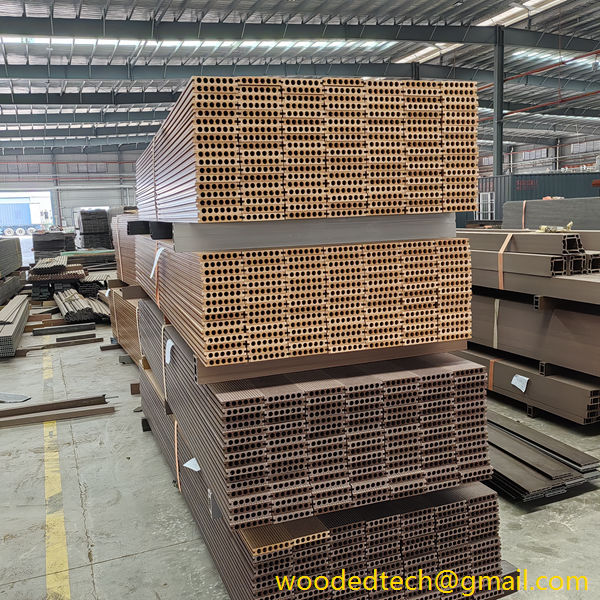Fake Wood Boat Decking: Durable Fake Wood Boat Decking for Marine Applications
Fake Wood Boat Decking: Durable Fake Wood Boat Decking for Marine Applications In the world of marine applications, the choice of decking material plays a crucial role in the overall functionality, aesthetics, and durability of a vessel. Among the various options available, fake wood boat decking has emerged as a popular choice for boat owners…
Fake Wood Boat Decking: Durable Fake Wood Boat Decking for Marine Applications
In the world of marine applications, the choice of decking material plays a crucial role in the overall functionality, aesthetics, and durability of a vessel. Among the various options available, fake wood boat decking has emerged as a popular choice for boat owners seeking a combination of beauty and resilience. Unlike traditional wood, which can be susceptible to rot, fading, and warping due to moisture exposure and harsh marine environments, fake wood decking offers a long-lasting solution that requires minimal maintenance.
One of the primary advantages of fake wood boat decking is its ability to mimic the appearance of natural wood while providing superior durability. Made from advanced composite materials, fake wood decking is designed to withstand the challenges posed by marine conditions. This synthetic material can replicate the rich textures and colors of real wood, allowing boat owners to achieve the desired aesthetic without compromising on performance.
Another significant benefit of fake wood decking is its resistance to moisture, which is a critical factor for any marine application. Traditional wood decks can absorb water, leading to swelling and ultimately decay. In contrast, synthetic decking is engineered to be waterproof, ensuring that it remains intact and functional even after prolonged exposure to water. This feature is particularly important for boats that are frequently used in saltwater environments, as salt can accelerate the deterioration of natural wood.
In addition to its moisture resistance, fake wood decking is also UV resistant. Prolonged exposure to sunlight can cause natural wood to fade and lose its color over time. However, fake wood decking is designed to withstand the sun’s rays, retaining its vibrant appearance for years. This aspect not only enhances the aesthetic appeal of the boat but also reduces the need for frequent refinishing or staining, which can be time-consuming and costly.
Moreover, fake wood decking is known for its slip-resistant surface, making it a safe choice for boaters. When water splashes onto the deck, a traditional wood surface can become slick and dangerous. Fake wood decking, on the other hand, often incorporates textured surfaces that provide enhanced traction, reducing the risk of slips and falls. This feature is especially important for families with children or for those who frequently entertain guests on board.
Another factor to consider is the environmental impact of decking materials. Many manufacturers of fake wood decking prioritize sustainability, using recycled materials in their products. This approach not only reduces waste but also minimizes the reliance on natural resources. By choosing fake wood decking, boat owners can enjoy the beauty of wood while making a more environmentally friendly choice.
Customization is another aspect that sets fake wood boat decking apart from traditional materials. With a wide range of colors, textures, and finishes available, boat owners can select a decking option that perfectly complements their vessel’s design. Whether one prefers the classic look of teak or the modern aesthetic of a lighter wood finish, there are options to suit every taste. Additionally, some manufacturers offer the ability to create custom patterns or designs, allowing for a truly personalized touch.
Installation of fake wood decking is generally straightforward, and many products come with easy-to-follow instructions. Unlike traditional wood, which often requires specialized tools and techniques for proper installation, fake wood decking can often be cut and shaped using standard tools, making it accessible for DIY enthusiasts. This ease of installation can lead to significant cost savings, as boat owners may choose to undertake the project themselves rather than hiring professionals.
Maintenance is another area where fake wood decking shines. Natural wood requires regular upkeep, including sealing, staining, and sanding, to maintain its appearance and integrity. In contrast, fake wood decking typically requires little more than occasional cleaning with soap and water to keep it looking its best. This low-maintenance aspect allows boat owners to spend more time enjoying their vessel and less time on upkeep.
Additionally, fake wood decking is resistant to stains and spills, further enhancing its appeal for marine applications. Whether it is food and drink spills during a day out on the water or the inevitable grime that can accumulate over time, synthetic decking is designed to withstand these challenges without staining or degrading. This is a significant advantage for boaters who want to maintain a clean and polished appearance on their decks.
In conclusion, fake wood boat decking presents a durable, attractive, and low-maintenance solution for marine applications. With its resistance to moisture, UV rays, and slips, it addresses many of the challenges faced by traditional wood decking. Furthermore, the availability of customizable materials allows boat owners to create a space that reflects their personal style while enjoying the benefits of modern technology. As boaters continue to seek materials that enhance their experience on the water, fake wood decking is likely to remain a preferred choice for years to come.

